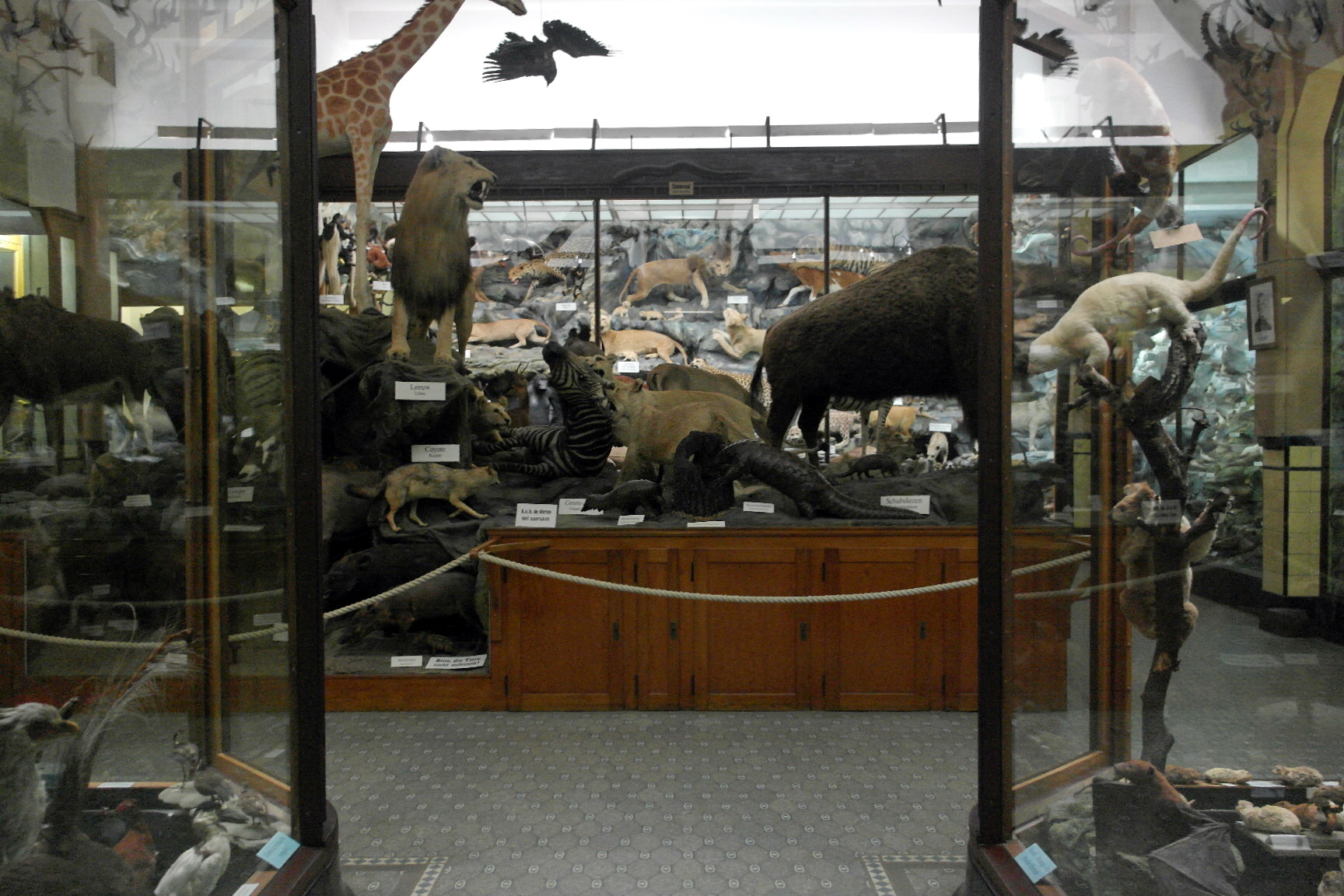Museum keeps skulls after Papua New Guinea rejects offer

A museum in Limburg has decided not to return five ornamental human skulls taken by missionaries from Papua New Guinea after the local population turned down the offer.
The Missiemuseum in Steyl investigated the origin of the artefacts in the wake of the controversy surrounding a skull from Benin that was sold by an auction house in Amsterdam.
Auctioneers De Zwaan pledged not to put any more human remains up for sale after 200 scientists and experts in looted art signed a letter of protest in December.
Paul Voogt, curator of the Missiemuseum, travelled to the Vatican and Papua New Guinea with funding from the Dutch Research Council (NWO) to trace the origins of the five skulls.
But when he arrived in the country he found that the local people were not interested in repatriating the artworks, which were taken by missionaries from the Society of the Divine Word at the start of the 20th century.
“Our skulls were obtained in a way that we no longer perceive as ethical, but that we can’t exactly label art theft either,” Voogt said.
“They think it was too long ago, no longer know who they were and they have made a large number of new skulls in the meantime. Moreover, they could be the skulls of enemies and people believe that could bring bad luck.”
The museum now plans to carry out X-ray scans of the skulls to see if it can find out if their owners were the victims of headhunting, which was practised in Papua New Guinea at the turn of the last century.
Jos van Beurden, senior researcher into colonial collections and restitution at the Vrije Universiteit in Amsterdam, told NOS he was not surprised the local community declined to take the skulls back.
“I’ve seen it in other restitutions: people need to get used to the idea that it’s coming back. They have lost their belief in it and colonialism has made them suspicious,” he said.
Thank you for donating to DutchNews.nl.
We could not provide the Dutch News service, and keep it free of charge, without the generous support of our readers. Your donations allow us to report on issues you tell us matter, and provide you with a summary of the most important Dutch news each day.
Make a donation